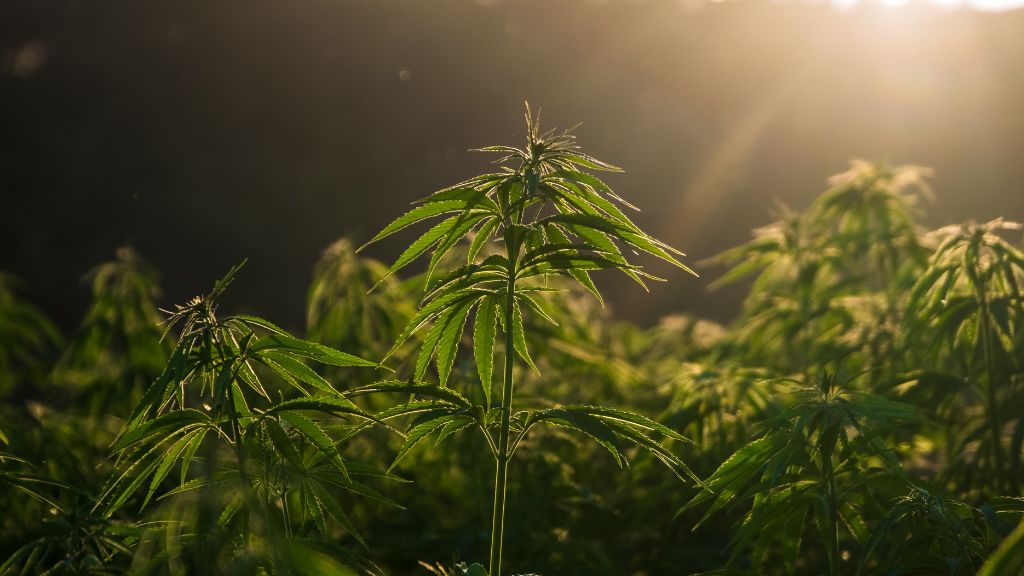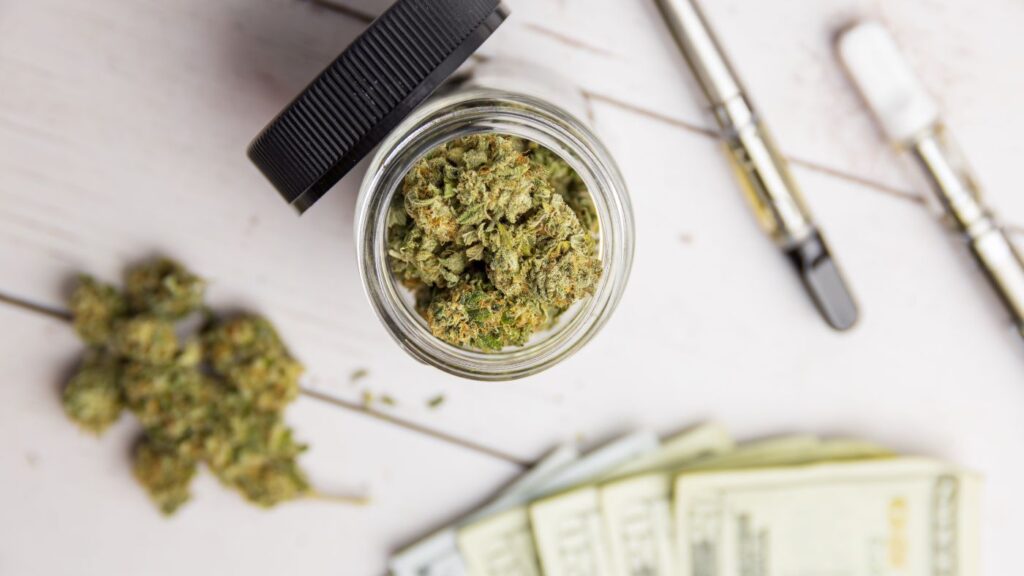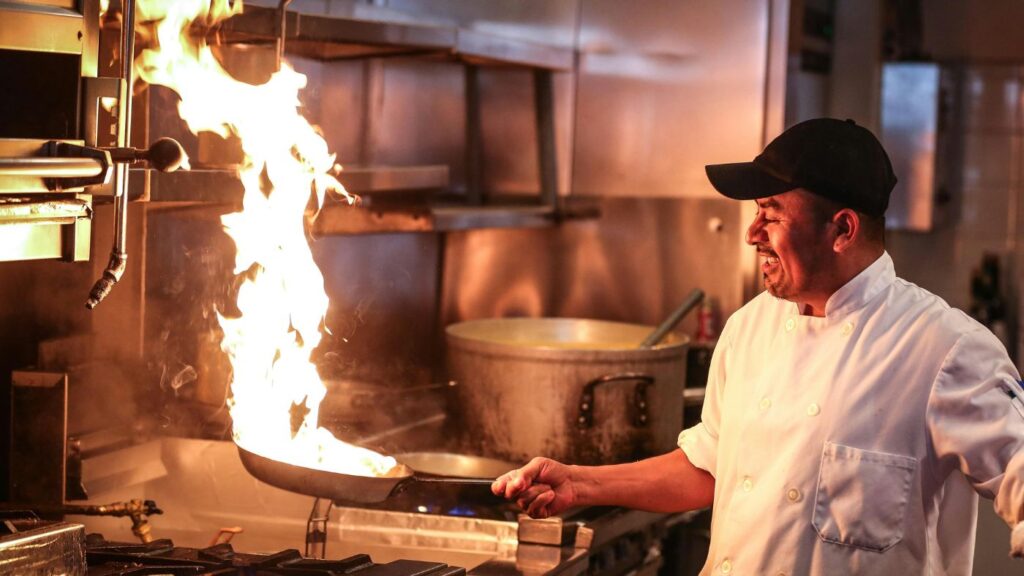Estimated reading time: 5 minutes
Table of contents

Introduction
South Carolina’s opportunity to legalize medical cannabis is back on the legislative table in 2025. Lawmakers are revisiting reform efforts with a renewed focus on establishing a tightly regulated market that aligns with the state’s conservative approach to cannabis policy.
Legislative History and Current Proposal
State Sen. Tom Davis, R-Beaufort, reintroduced the Compassionate Care Act in January with Senate Bill 53. The proposed legislation aims to create a licensed and regulated market where qualifying patients can purchase lab-tested cannabis dispensed by pharmacists. Under this framework, patients would need to maintain closely defined relationships with their physicians to receive a diagnosis for one of the 12 qualifying conditions outlined in the bill. Additionally, the bill explicitly prohibits both smoking cannabis and growing it at home.
Davis, cosponsoring the bill with Sen. Stephen Goldfinch, R-Georgetown, has been a long-time advocate for cannabis reform in South Carolina. He previously sponsored similar versions of the Compassionate Care Act. In February 2024, a Senate-passed version of the bill received a 24-19 vote, but the proposal ultimately stalled in the House committee process due to inaction.
Challenges and Conservative Approach
The current version of the Compassionate Care Act reflects a very conservative approach to cannabis legalization—one that Davis insists is what South Carolinians want. “It is a very conservative bill because that’s what South Carolinians want,” Davis told WSPA. This cautious stance aims to address concerns by tightly controlling patient eligibility and strictly limiting consumption methods.
Davis’s earlier attempt in 2022 encountered a procedural setback when a Senate-passed version of the bill, which included a tax provision, was derailed. Under South Carolina law, revenue-raising bills must originate in the lower chamber, leading to the collapse of that version. This history of House lawmakers blocking reform efforts has left South Carolina with a “maybe” forecast for 2025. Notably, the state remains one of only eight without a medical cannabis program—even when compared to highly restrictive models like Texas’s, where THC is capped at 1%.
Conclusion
As South Carolina heads into the 2025 legislative session, the future of medical cannabis legalization remains uncertain. With the reintroduction of the Compassionate Care Act, advocates hope that a carefully tailored, conservative approach will finally break the legislative impasse. However, the history of procedural obstacles and House inaction continues to cast doubt on whether reform will ultimately prevail in the Palmetto State.
Cannabis Legalization South Carolina 2025 FAQs
Does South Carolina have dispensaries?
There are no dispensaries in South Carolina due to the state’s prohibition of cannabis. Generally, dispensaries in legal states do not accept medical insurance for weed purchases.
Is cannabis oil legal in South Carolina?
CBD oil is legal for both medical and recreational use in South Carolina, although it can’t be sold as a food product. There are no legal age limits for purchasing CBD, so you can expect retailers to set age requirements at their own discretion. Most will require buyers to be over the age of 18 or 21.
Can dispensaries ship to South Carolina?
Marijuana is illegal in South Carolina and cannot be delivered to residents.
Are gummies legal in SC?
Yes, Farm Bill compliant Delta 9 gummies are legal in South Carolina. You can buy Delta 9 gummies online or in-store without any restrictions, so long as they meet the following conditions: The THC must be derived from the hemp plant rather than the marijuana plant. THC concentrations must not exceed 0.3% by dry weight.
Is possession of marijuana a felony in South Carolina?
Possession of marijuana in South Carolina is classified as a misdemeanor in most cases. If you are convicted of possession of marijuana (less than one ounce), the penalty for the first offense is a $650 fine and up to 30 days in jail.
Can I get a medical marijuana card in South Carolina?
Qualifying for the medical marijuana program in South Carolina is simple. Patience must have a qualifying condition and a written certification issued by a doctor that has completed a full assessment of the patient’s medical history and current medical conditions.
Does SC have recreational dispensaries?
Marijuana is illegal for recreational and medical purposes in South Carolina, and the use of CBD oil is only permitted for qualifying patients suffering from chronic seizures caused by epilepsy.
Additional Resources
Free eBooks For Cannabis Business Success
Latest Articles
- Cannabis Startup Costs: From Licensing to ProfitabilityStarting a legal cannabis business isn’t just about getting a license—it’s about building a profitable, compliant, and sustainable operation in one of the world’s most capital-intensive and regulated industries. Many entrepreneurs enter this space with many goals, good intentions, and passion, but ultimately fail because they underestimate the cost, complexity, experience, and time required to turn a cannabis license into a thriving business.
- Cannabis License Pitfalls: How to Avoid Common Cannabis Licensing MistakesAs new adult-use programs launch, many entrepreneurs are eager to start growing, processing, or selling cannabis. Excitement runs high, but the industry’s heavy regulations and complex operations can quickly overwhelm even experienced business owners. Common mistakes include underestimating compliance requirements, rushing facility design, skipping proper procedures, and more.
- Maximizing Your Minnesota Cannabis Microbusiness or Mezzobusiness LicenseMinnesota’s new adult-use cannabis law allows microbusinesses (one store, up to 5,000 sq ft indoor, ½ acre outdoor) and mezzobusinesses (up to 3 stores, 15,000 sq ft indoor, 1 acre outdoor) to cultivate, manufacture, sell, and transport cannabis under one license. These vertically integrated licenses offer flexibility, but also come with complex state rules.
- The Recipe for a Top-Tier Cannabis DispensaryOperating a highly reviewed, top-performing cannabis dispensary takes more than simply stocking product and unlocking the doors. It requires operational discipline, regulatory expertise, top-tier customer service, dynamic merchandising, and a culture of accountability and community. With the cannabis industry continuing to expand—and regulations constantly evolving—success is defined by how seamlessly a dispensary integrates compliance, product curation, staff training, and marketing into day-to-day operations.
- Minnesota Lottery Results: June 5 Cannabis License Drawings and What’s NextThe Minnesota Lottery for cannabis business licenses reached a pivotal milestone on June 5, as the Office of Cannabis Management (OCM) conducted randomized drawings for select license types. These lotteries were open to both social equity applicants and general applicants vying for limited licenses to operate as cultivators, manufacturers, and mezzobusinesses. Additionally, a separate lottery was held exclusively for social equity applicants seeking a retail cannabis license.
- Cannabis Compliance Isn’t Just a Department—It’s a SystemCompliance in the cannabis industry is too often approached as a box-checking exercise or relegated to a single department or, in some cases, a single person. In reality, cannabis compliance must be woven into every aspect of operations – from seed to sale – to truly protect and propel a business forward.











